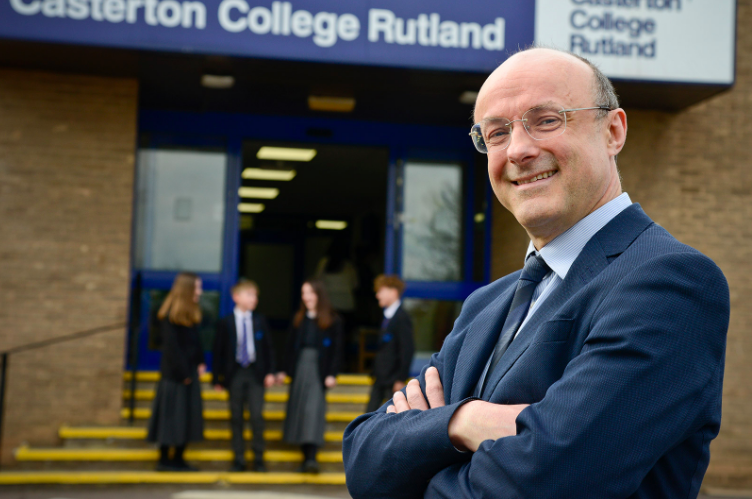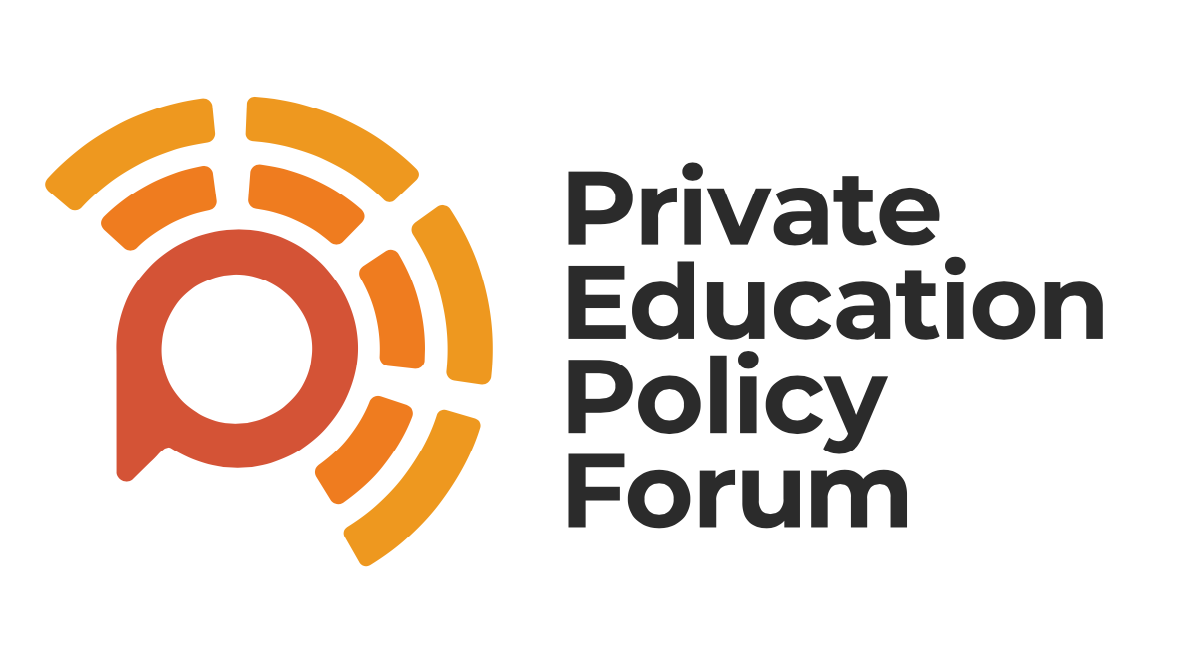
Carl Smith
In the land of the comprehensive school, selection is still king!
The school where I am principal – Casterton College Rutland – is, by anyone’s measure, a successful comprehensive school and people are clamouring to get their children to in it. Last year it was one of only six English schools to be shortlisted for secondary school of the year at the TES national teaching awards. In 2017 it was named as having the best maths department in England and one of its teachers came second in secondary Teacher of the Year. This year it has a provisional progress score of 0.69 and over the last three years it has averaged at 0.66. Exclusions are very low, attendance is high, teacher recruitment and retention are excellent and disadvantaged students make far more progress than similar students elsewhere.
Which is why it may seem surprising that every day children still line up at the bus stops of Stamford and Rutland, booted and suited to travel miles to nearby selective schools – both private and grammar. The private school fees are ‘considerable’ by most people’s standards while the grammar school is half an hour extra on the bus. The statistics show unequivocally that between 2016-18 most children in the grammar school made less progress and got lower grades than at Casterton.
Meanwhile, we don’t know what progress they make at the private school because those figures aren’t published but they’d have to be something special. Yet still they go.
You may ask what does it matter? Casterton is a successful, growing and popular comprehensive school; a perfect example of how a state comprehensive can be every bit as good as a selective school whether of the private or selective variety. Surely, this is an example of levelling up not down and if defenders of selective education are right, eventually state comprehensives like Casterton will become so good that no-one will bother sending their children to the selective schools at all? Err…except they will.
Essentially people will always send their children to selective schools because they equate exclusivity with quality. In the case of private schools, people believe they get what they pay for and in the case of grammars they believe they are better because most children can’t get in them. Education, at least in the narrow academic sense of the word, doesn’t really come into this calculation because it’s about climbing the social ladder, establishing or retaining status, and giving your child the best connections they can get.
That is why the levelling up argument is so fallacious. It leaves aside the concept that any government could afford to raise per pupil funding from £5,000 to £30,000 per head. Even then, some people would still choose a selective school for their child if they could. In modern Britain people are still defined by what they are not as much as what they are, and no more so than in education, that bastion of traditionalism where dressing your child up like something out of the 1939 film Goodbye Mr Chips is still considered a sign of good character.
State education on the other hand is for the masses, the common folk, and who wants to be common? Of course, most people can’t afford private school fees of an average £17,000 a year but they can still separate their children from the rest by paying for a year of intensive tuition to get them into grammar school. Grammar schools are a poorer man’s or woman’s private school but it’s still better to be on the second rung up the ladder than right at the bottom.
This is why selection must be removed from the equation altogether.
A system for all can never compete with a system for a selected few. Educationally it might be able to, but socially the comprehensive system offers equal opportunities in a world where parents want their child to have more opportunities than others. When it comes to education, many parents want privilege, and selection is how they buy it. Casterton offers great education, and for many educated and professional people that is what they want from a school, but some want exclusivity and that’s what a state comprehensive can never offer, because of course, it’s comprehensive!
It also shows why current debates about private schools and grammar schools cannot be seen in isolation. They are part of the same problem. They both offer social exclusivity. It’s not that the parents who send their children to these are bad, or that the teachers who work in them are less moral. They are good people doing their best for their children, as are my wonderful colleagues at Casterton. Nevertheless, if private schools were opened up for all pupils, then parents would call for expansion of the grammar schools, whereas if grammar schools were phased out parents who could, would send their children to private schools.
As for Casterton, what could it be like if the local private and grammar schools didn’t exist? Well, for a start my school would double in size and with that would come access to the resources currently controlled by those schools. The millions raised from this alone would transform education in the area, allowing students from all backgrounds full access to first class facilities they could only dream of otherwise such as wonderful theatres, sports centres and dining halls.
Our students might be funded by huge charitable trust funds, founded hundreds of years ago for the education of the poor but now used to educate the rich. Furthermore, the influx of students from advantaged backgrounds would transform classrooms, while in no way lowering standards, exposing students from all backgrounds to the opportunities and connections that currently only benefit a few. The clear evidence is that in selective authorities, average attainment is lower than in comprehensive ones, so it is almost certain that overall standards would rise and in a school like Casterton, where educational progress is excellent for all ability groups, all children would have access the same universities and the same careers as they do now, with the brightest and the best excelling out of a level playing field.
Then there would be a much larger pool of teachers for state schools to select from, so they could always choose the very best for their schools. Better facilities, better teachers and higher standards for all sounds like a dream and yet it is perfectly realisable. Schools like Casterton would be utterly transformed – even better than they are now.
Alternatively, if grammar schools expand even further, overall standards would drop as a result while if private schools remained in place, complete with their state subsidies and tax privileges, state children will continue to be grossly underfunded and have no access to their fantastic facilities. Sending a handful of selected ‘poor children’ to these schools would just damage state schools even further, leaving the rest further disadvantaged.
Yet, if all schools offered world class comprehensive education to all children, then Britain would be a better, fairer and richer place in which to live. Surely no political party should be against that?
Carl Smith is the principal of Casterton College Rutland, an 11-16 academy in Lincolnshire. He was educated at Warwick University and has a PGCE in history and politics from the UCL Institute of Education, and a masters degree in history. He gained his national professional qualification for headteachers in 2000. Smith was the first advanced skills teacher of history in the UK and has authored several books on education.



